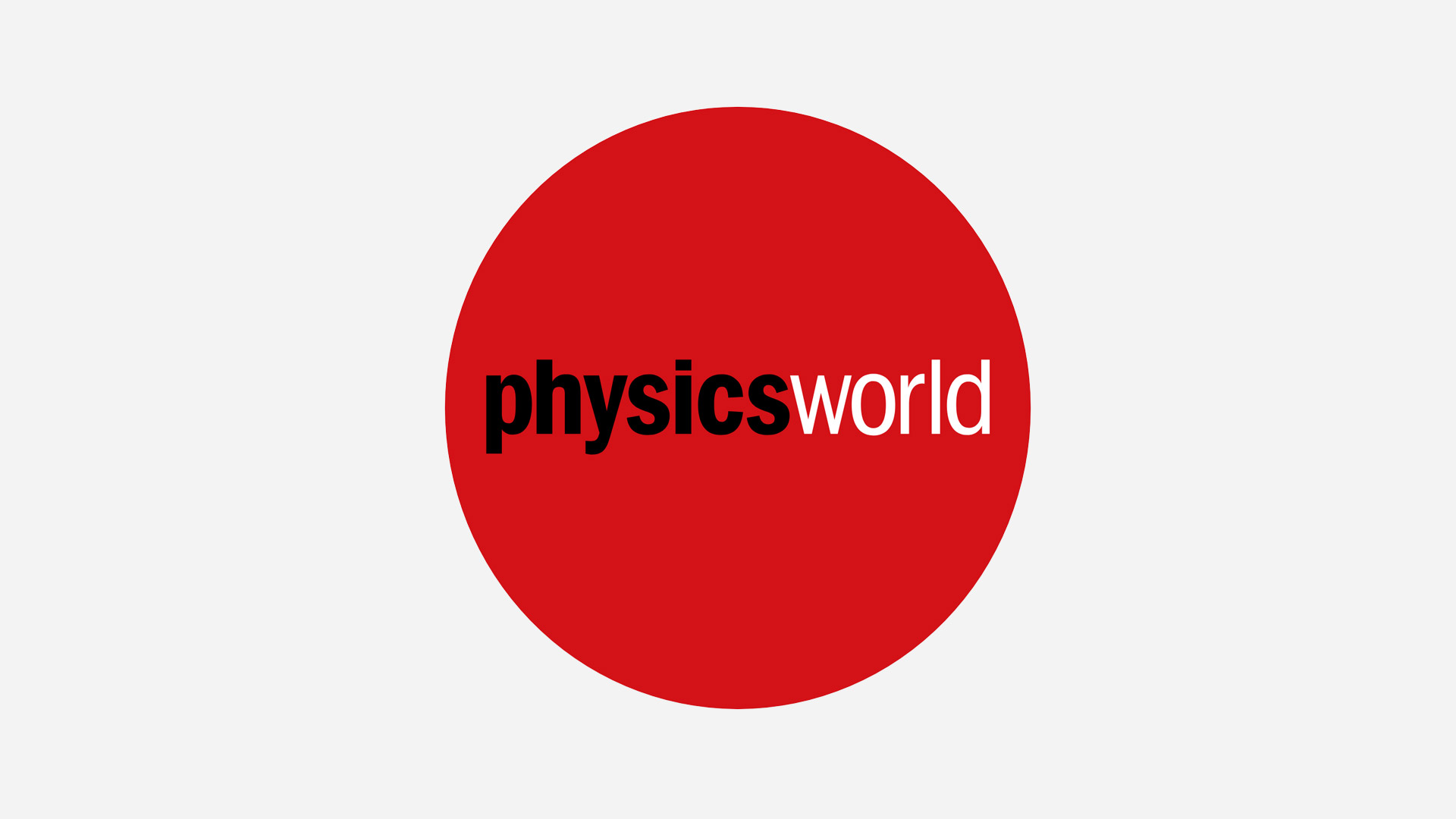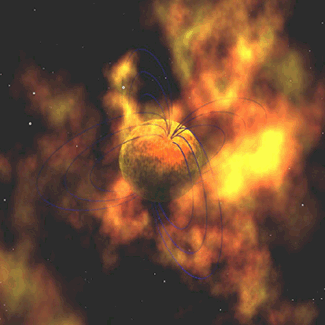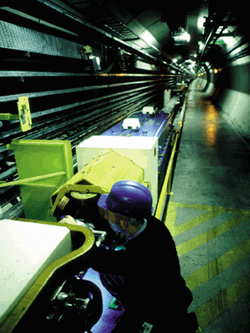Author
Array
(
[0] => linkedin
[1] => facebook
[2] => twitter
[3] => google-plus
[4] => youtube
)
Array
(
[0] => linkedin
[1] => facebook
[2] => twitter
[3] => google-plus
[4] => youtube
)
Array
(
[0] => linkedin
[1] => facebook
[2] => twitter
[3] => google-plus
[4] => youtube
)
Array
(
[0] => linkedin
[1] => facebook
[2] => twitter
[3] => google-plus
[4] => youtube
)
Array
(
[0] => linkedin
[1] => facebook
[2] => twitter
[3] => google-plus
[4] => youtube
)
No Author
Author archive

Earlier studies used simplistic models that assume human cells are spherical. But many cells – for example, muscular and red blood cells – are not spherical. Sebastián’s team therefore developed a more sophisticated model that accounts for cells that are shaped like rods, cylinders and rugby balls. “If we are to understand the biological effects […]

The JIF scheme was set up in 1998 by the UK government and the Wellcome Trust – the world’s largest biomedical research charity – to provide much-needed funding for university laboratory facilities. The £125m divided out among 28 research projects in this latest round brings the total money awarded so far under the scheme to […]

Researchers at the laboratory first created a superconducting tape five years ago. They used a process known as Ion Beam Assisted Deposition (IBAD) to create a film of the ceramic superconductor yttrium barium copper oxide onto a buffer layer of zirconia sitting on a base of nickel alloy tape. The buffer layer stops the superconductor […]
 Read article: The pulsar’s powerhouse
Read article: The pulsar’s powerhouse
Pulsars are rotating neutron stars that emit radiation, which is seen from Earth as a series of highly regular pulses. Anomalous x-ray pulsars (AXPs) are not, however, powered like most pulsars. AXPs do not appear to have companion stars from which they can gather material and energy to transform into x-ray emissions, and their x-ray […]
 Read article: Martian sedimentary rocks suggest a watery past
Read article: Martian sedimentary rocks suggest a watery past
One of the key questions in planetary science is whether the early climate of Mars was warm enough for liquid water – and hence extraterrestrial life – to exist. The layered rocks, thought to be around 4000 million years old, are deposited horizontally and appear to consist of fine-grained material. Sedimentary rocks can be created […]
 Read article: Max Planck: the reluctant revolutionary
Read article: Max Planck: the reluctant revolutionary
100 years ago Max Planck published a paper that gave birth to quantum mechanics – but he didn't immediately realize the consequences of his work, says Helge Kragh
 Read article: Pack your cherries to perfection
Read article: Pack your cherries to perfection
A burning issue for fatties like me is whether you can make a low-fat Black Forest gateau. The answer, surprisingly, can be found in two new science books. The Pursuit of Perfect Packing by Tomaso Aste and Denis Weaire tells you how to pack the cherries in the middle of the cake as densely as […]
 Read article: Quantum mechanics with single atoms and photons
Read article: Quantum mechanics with single atoms and photons
Some 100 years after the birth of quantum mechanics, physicists are still learning more about the interactions between light and matter
 Read article: CERN split over collider closure
Read article: CERN split over collider closure
Many researchers at the particle-physics laboratory are unhappy that the management has not given LEP an extension
 Read article: No more lectures any more?
Read article: No more lectures any more?
Try this introspective experiment. Think about your favourite quiz show and ask yourself how many questions you can remember after the programme ends (never mind the answers). You’ll find that you fall into one of two categories. Where the questions are in a subject you know about, you will probably remember quite a few. Where […]
Copyright © 2025 by IOP Publishing Ltd and individual contributors







